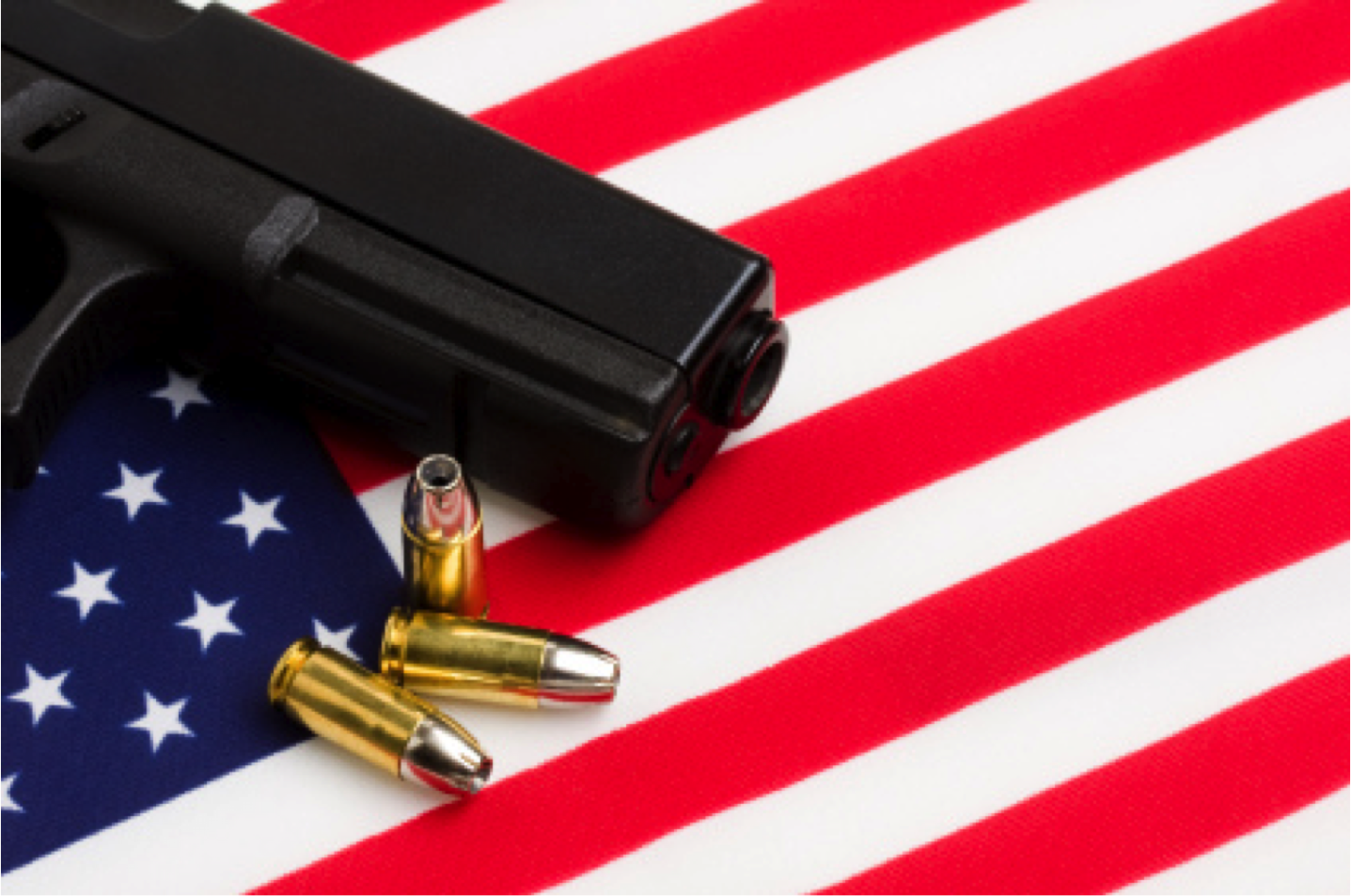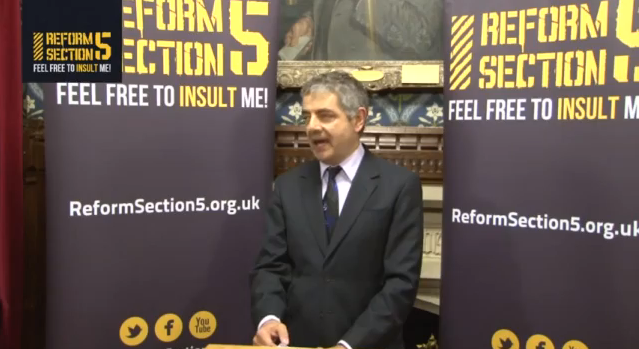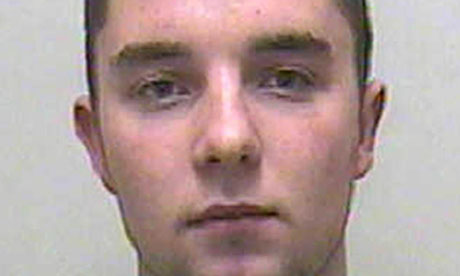“What is the fundamental question one must ask of the world? I would think and posit many things, but the answer was always the same: Why is the child crying?”
—Alice Walker
(Possessing the Secret of Joy)
His name was Ahmed Younis Khader Abu Daqqa. He was Palestinian; he was Gazan; he was human. He was the first of 30 children killed by Israeli attacks on Gaza in the space of just 11 days last November. He – like all the others – stood no chance: a 13-year-old boy with weapons no more deadly than the football he was playing with, shot in the stomach. Such ‘surgical precision,’ such care!
It’s only weeks after these events that I feel able to write about them with any sort of cogency. Even now, I only have questions: Who are the terrorists here? Which is the ‘rogue nation’? Where has the morality gone? It’s time for Israel to be held to account – fairly but frankly – not just by its enemies but by its friends too. Mindless, juvenile apology for an Occupation-addled junkie won’t get us anywhere. But that’s what you get when you’re brought up on a diet of indoctrination and half-truths.
Let’s get some facts straight. Since September 2000, 1,638 children have died in the fighting – 92 per cent (1,509) were Palestinian. From 13th until 19th November 2012, the IDF claims that 2,198 missiles were fired from both sides put together – 61 per cent of these (1,350) were Israeli. At a minimum estimate, 166 people were killed in last month’s episode – 96 per cent (at least 160) were Palestinian. The figures don’t lie.
There hasn’t been nearly enough contrition – not from Israel itself, and not from its apologists. “If we don’t support Israel, who will?” they say. Such an attitude is a double perfidy: of the principles a state of Israel should be held to, and of those dead, dying and to die (on both sides) because of the perversion of them. Resisting the automatic urge to leap straight to the defence of a country whose brain-washing machine is so slick that it would have us believe that the whole world is perpetually against ‘us’ is by no means easy for any Jew. But we must at least try. After all, the more in touch you are with the Jewish story of persecution, the more repulsed you should be by the day-to-day suffering, degradation and brutality to which the Palestinians are subjected. As Noam Chomsky notes, the “images of terror and destruction, and the character of the conflict, leave few remaining shreds of credibility to the self-declared ‘most moral army in the world,’ at least among people with eyes open.”
It’s the zealotry that’s blind to this fact that worries me most. It doesn’t insulate Israel as its proponents believe; it just pushes it down a path of mind-warping self-delusion. And it pushes us into constructing a frankly sickening fiction. ‘We’ are defending ourselves; ‘they’ are attacking. If citizens are killed, we can blame Hamas for hiding behind them – even though Gaza’s population density of 12,216 people per square mile renders this practically unavoidable. If international lawmakers or the media condemn Israel’s actions, we can cry “persecution!” and “anti-Semitism!” to our heart’s content – even though the reality is that we would never think, for instance, to ignore, exonerate or defend any other nation’s killing of 30 children in less than a fortnight. We should instead step back – in this as in so many other previous situations – and wonder what has gone wrong: Can this really be collateral damage? Is this self-defence?
Well, if it is, then count me out. For even to begin to excuse such atrocities is to make a claim that no empathic human being could: that fidelity to Israel and/or Judaism comes first – before any obligations to supranational legal parameters and before any duties owed to others on the grounds of common humanity. And that is something that I, for one, cannot and will not do. To ignore the standards by which we as a global community choose to judge one another is to assert some external claim (or rather, I might suggest, a divine claim) to superiority. To disavow responsibility for the fates of one’s fellow human beings is to toss morality aside. To support a set of ideals, whether religious, political or otherwise, without proper care for the facts is to become a fundamentalist.
You only have to take two comments from public figures to see the raft of disgusting generalisations and speculations that guide this brand of thought. Alan Dershowitz, professor of Law at Harvard, aired a commonly held, oft unchallenged view of Hamas’ tactics in conversation with Piers Morgan. According to Dershowitz, the Israeli bombing of the Al-Dalou family home in which four children died on 18th November was a deliberate ploy by Hamas to gain sympathy from the international media: “Hamas was firing rockets in order to induce [Israel] to kill the family… It’s called the dead baby strategy… They want their children to be martyred so they can carry them out… and thereby gain an advantage over Israel.” He presents not an ounce of evidence – and the notion eerily echoes the blood libels about which Jews have been tormented since the Middle Ages.

And such prejudices seem to be shared by those in government. Danny Ayalon, Israel’s current Deputy Foreign Minister (though he won’t stand at the next Knesset), betrayed his misunderstanding of the nuances of the situation in an interview with ‘The Takeaway’. “I would say that most of the people that were hit in Gaza deserved it,” he claimed, “as they were just armed terrorists”. Try telling that to the grieving parents.
This is not to say that Hamas is blameless. Doubtless similar (if not identical) beliefs exist in the Palestinian community. Both sides have their terrorists, their extremists, their fundamentalists – and some of those killed may well have been legitimate targets, even if they were attacked in illegitimate ways that caused disproportionate and inappropriate damage. But it can do no harm to see things from both perspectives: the fact is that Israel is the occupier, and its actions are in nobody’s interests. The destruction they cause hurts Gazans before backfiring on Israel with the radicalisation of more and more Palestinians. Indeed, truisms have a knack of remaining true – there’s no smoke without fire. As American historian Juan Cole put it when talking about his own country’s foreign policy, “When you bomb people and kill their family, it pisses them off. They form lifelong grudges… This is not rocket science. If they were not sympathetic to the Taliban and al-Qa’ida before, after you bomb the shit out of them, they will be.”
What’s needed is a drastic shift in attitude. The re-humanisation of the Palestinians could not come quickly enough. Unflinching support of a destructive policy, both from within and without Israel, which succeeds in demeaning, demonising and degrading the enemy will keep peace forever at arm’s length. What’s worse is that it will allow the fundamentalists on both sides to thrive, dividing two peoples whose similarities (as it has been acknowledged so many times) are far greater than their differences.
For me and many others, the image that defined this brief battle in a seemingly interminable war was that of the four Al-Dalou siblings. Their corpses, limp and squashed together on the metal mortuary table, are marbled with bloody scars and debris. It’s an image of everything this conflict has become: amoral, inhuman, tragic. It’s an image that forces us to confront the feelings we must deaden in order to justify any fatal attack, whether Israeli or Palestinian: that ‘they’ are ultimately just as vulnerable as ‘us,’ just as mortal, just as human.





